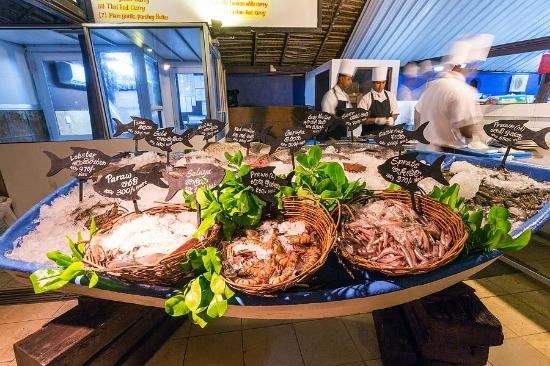Kuwait
WELCOME TO Kuwait
Country Overview
Kuwait
17,818 km2
4.3 million
Arabic
Popular
Geography and Tourist Attractions
Information about the country's tourist attractions, including popular destinations, events, and activities.
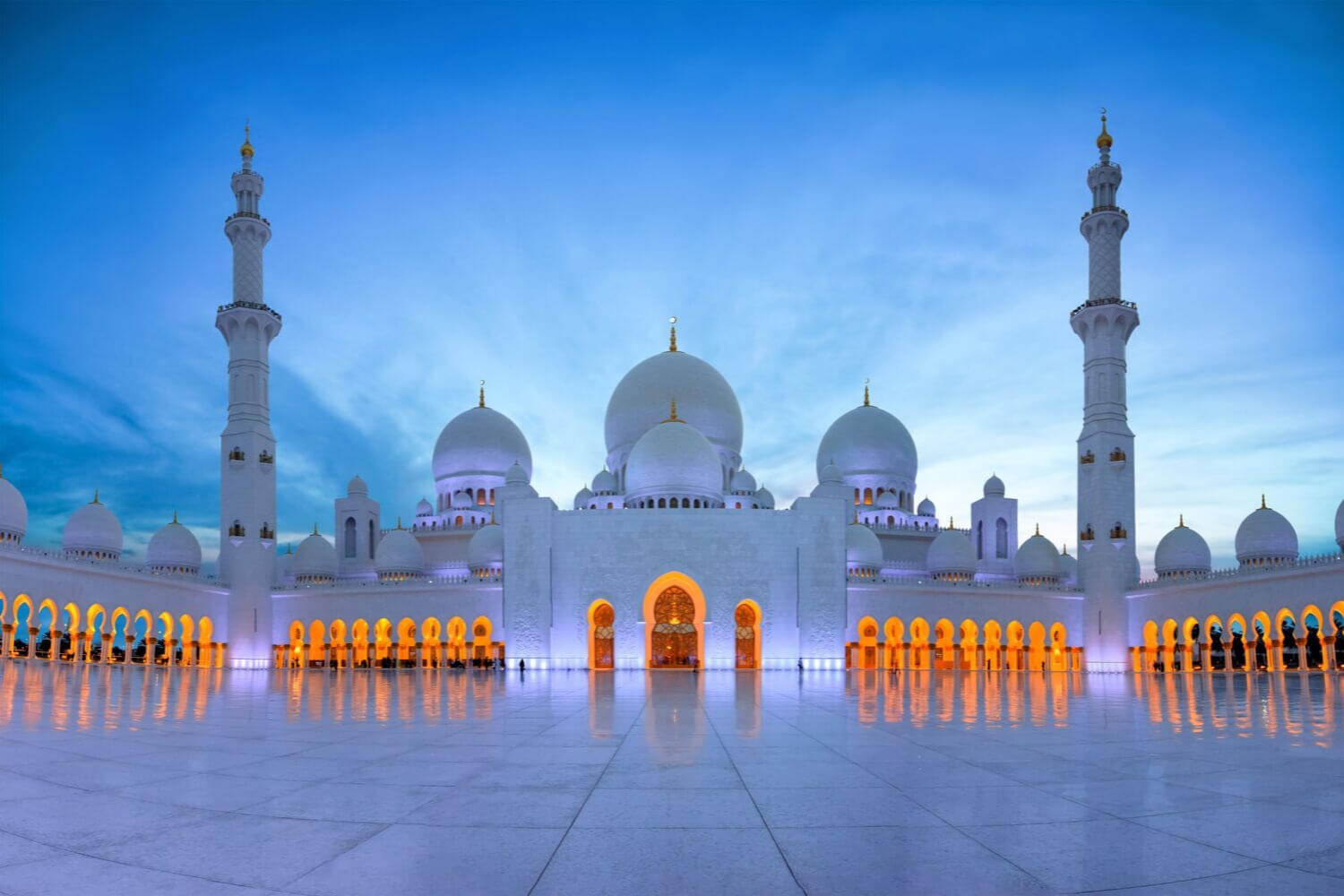
The Grand Mosque

The Avenues Mal
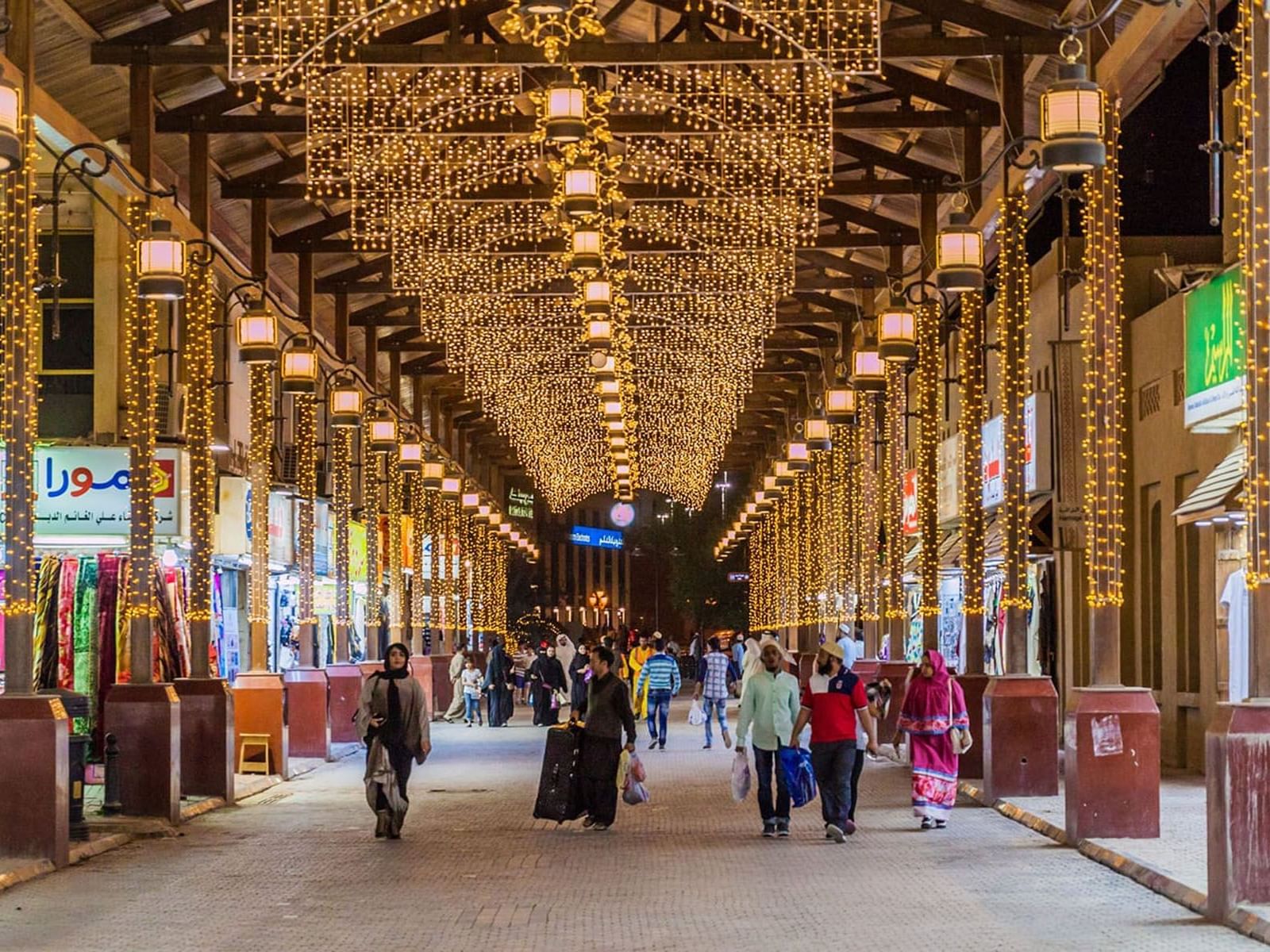
Souq Al-Mubarakiya
Political
Economy and Government
Kuwait has a highly developed and prosperous economy primarily driven by its vast oil reserves. As a member of the Organization of the Petroleum Exporting Countries (OPEC), Kuwait is one of the world's largest oil producers. Oil revenues contribute significantly to the country's GDP, government revenue, and export earnings.
The Kuwaiti government plays a central role in managing the economy. It follows a mixed economic model that combines elements of a welfare state and free-market principles. The government provides extensive social welfare programs, including free healthcare, education, and generous subsidies for citizens.
Kuwait has made efforts to diversify its economy by investing in other sectors, such as finance, real estate, and services. The country aims to reduce its dependence on oil and foster private sector growth through economic reforms and initiatives like "Kuwait Vision 2035."
The government of Kuwait operates under a constitutional monarchy. The Emir is the head of state, and the Prime Minister is the head of government. The legislative branch consists of the National Assembly, which plays a crucial role in the legislative process.
Kuwait maintains a favorable business environment, with a well-regulated financial sector, low taxes, and a skilled workforce. It encourages foreign investment and has implemented economic reforms to attract more international businesses.
The stability of Kuwait's government and its prosperous economy have contributed to a high standard of living and a strong welfare system for its citizens.
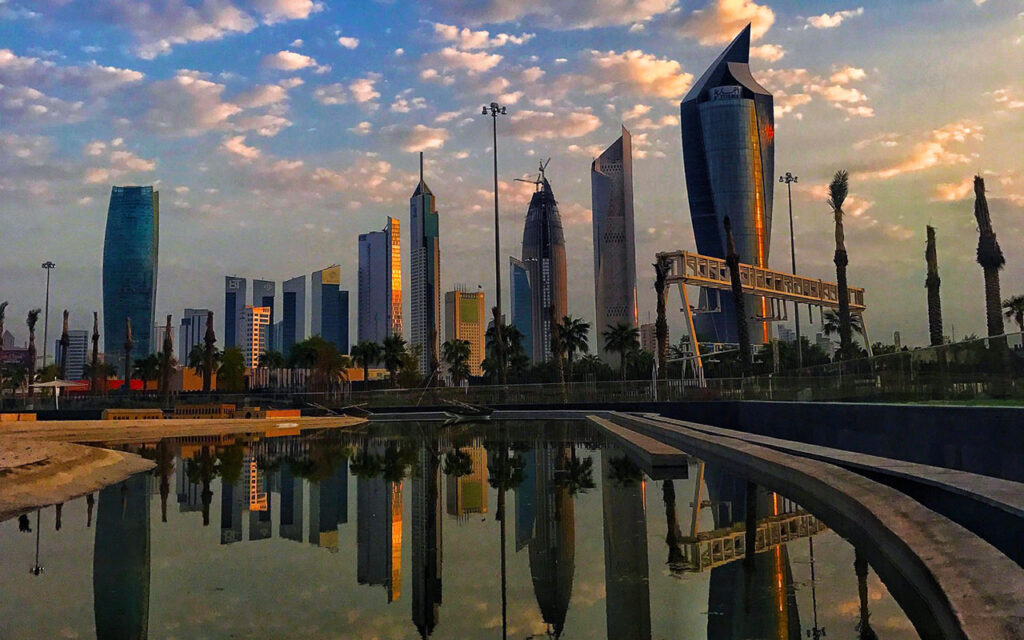
History
History and Culture
Kuwait has a rich history that dates back thousands of years. The region was inhabited by various civilizations and served as an important trading hub in ancient times. In the 18th century, the Al-Sabah family established their rule, and Kuwait became an independent sheikhdom. The discovery of oil in the mid-20th century transformed the country's fortunes and led to rapid development.
Culture:
Kuwait's culture is deeply rooted in Arabian traditions and Islamic heritage. The people of Kuwait are known for their hospitality, warmth, and strong sense of community. Traditional customs, such as music, dance, and poetry, continue to be celebrated. Traditional attire, including the dishdasha for men and the abaya for women, is still commonly worn.
Arts and literature play a significant role in Kuwait's cultural scene. The country has produced renowned poets, writers, and artists who contribute to its vibrant creative landscape. Traditional crafts, such as pottery and weaving, are preserved and showcased in cultural exhibitions.
Kuwait celebrates its national holidays and important religious festivals, including Eid al-Fitr and Eid al-Adha. Traditional cuisine, known for its aromatic flavors, includes dishes like machbous (spiced rice with meat) and harees (a meat and wheat dish).
Historical landmarks, such as Kuwait Towers and Failaka Island, provide insights into the country's past. Museums like the Kuwait National Museum and the Tareq Rajab Museum showcase artifacts and artworks that highlight Kuwait's history and cultural heritage.
Kuwait takes pride in preserving its traditions and heritage while embracing modernity, making it a fascinating blend of old and new.
HOTELS
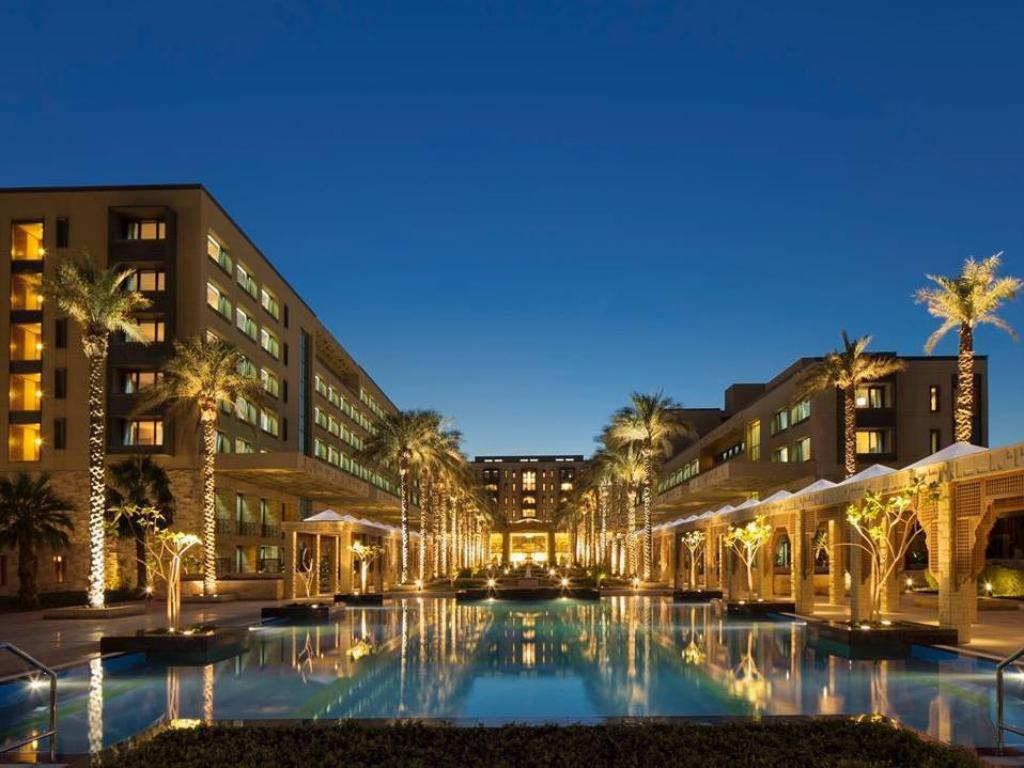
Jumeirah Messilah Beach Hotel & Spa
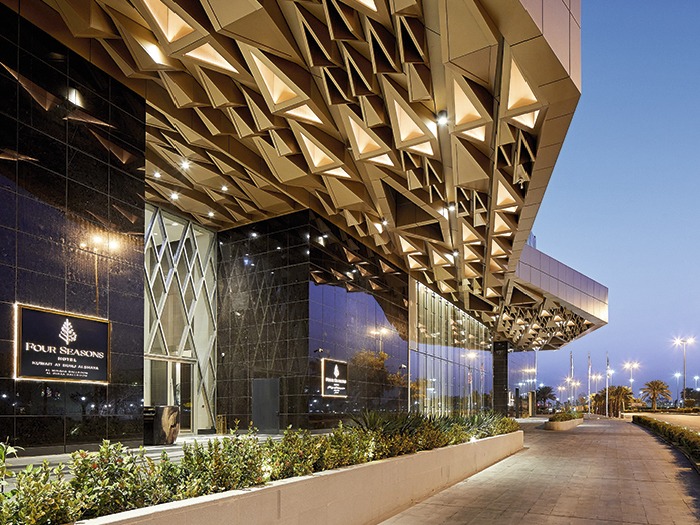
Four Seasons Hotel Kuwait at Burj Alshaya
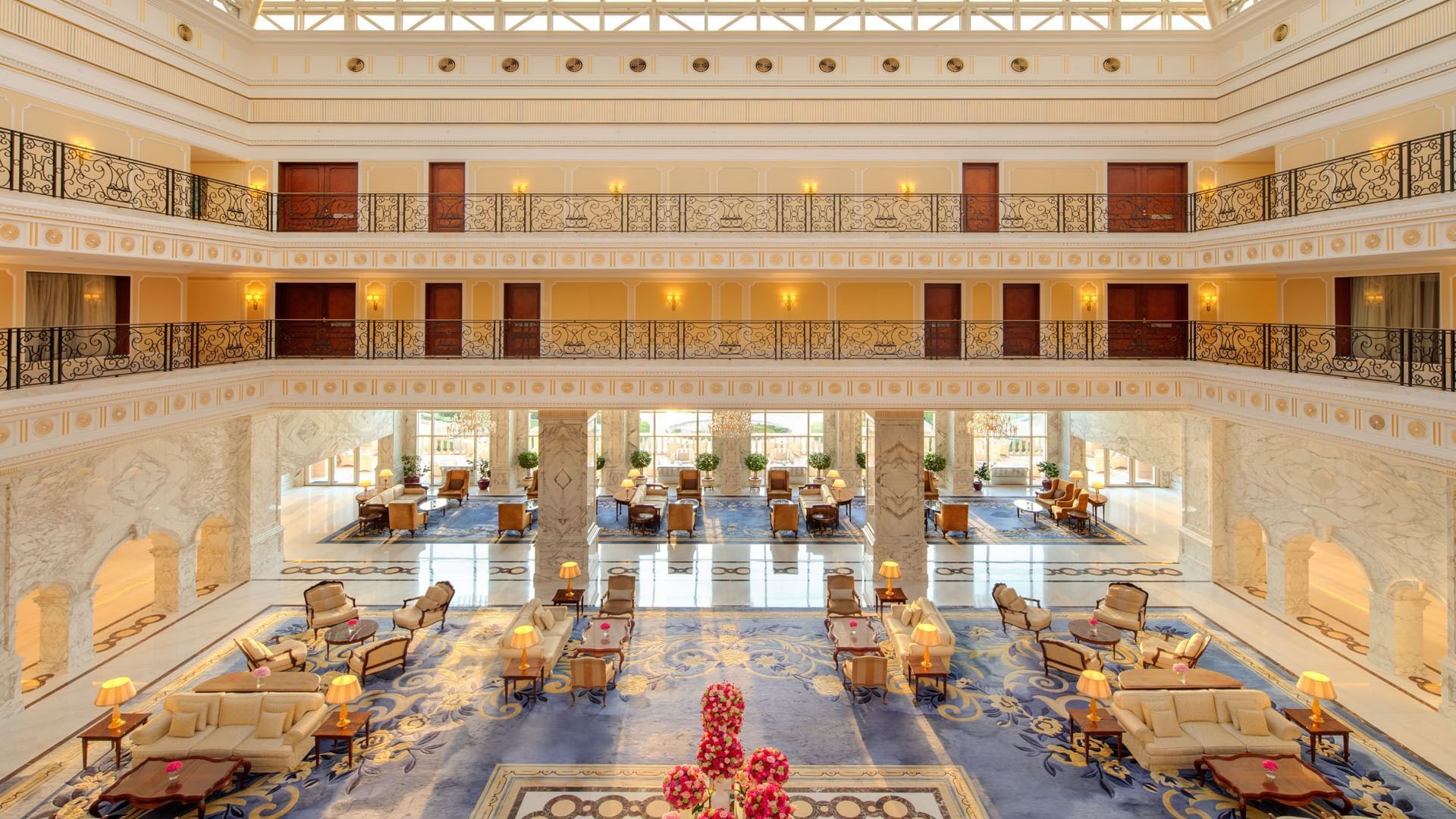
The Regency Kuwait
RESTAURANTS

Pepper Steakhouse

Melenzané
